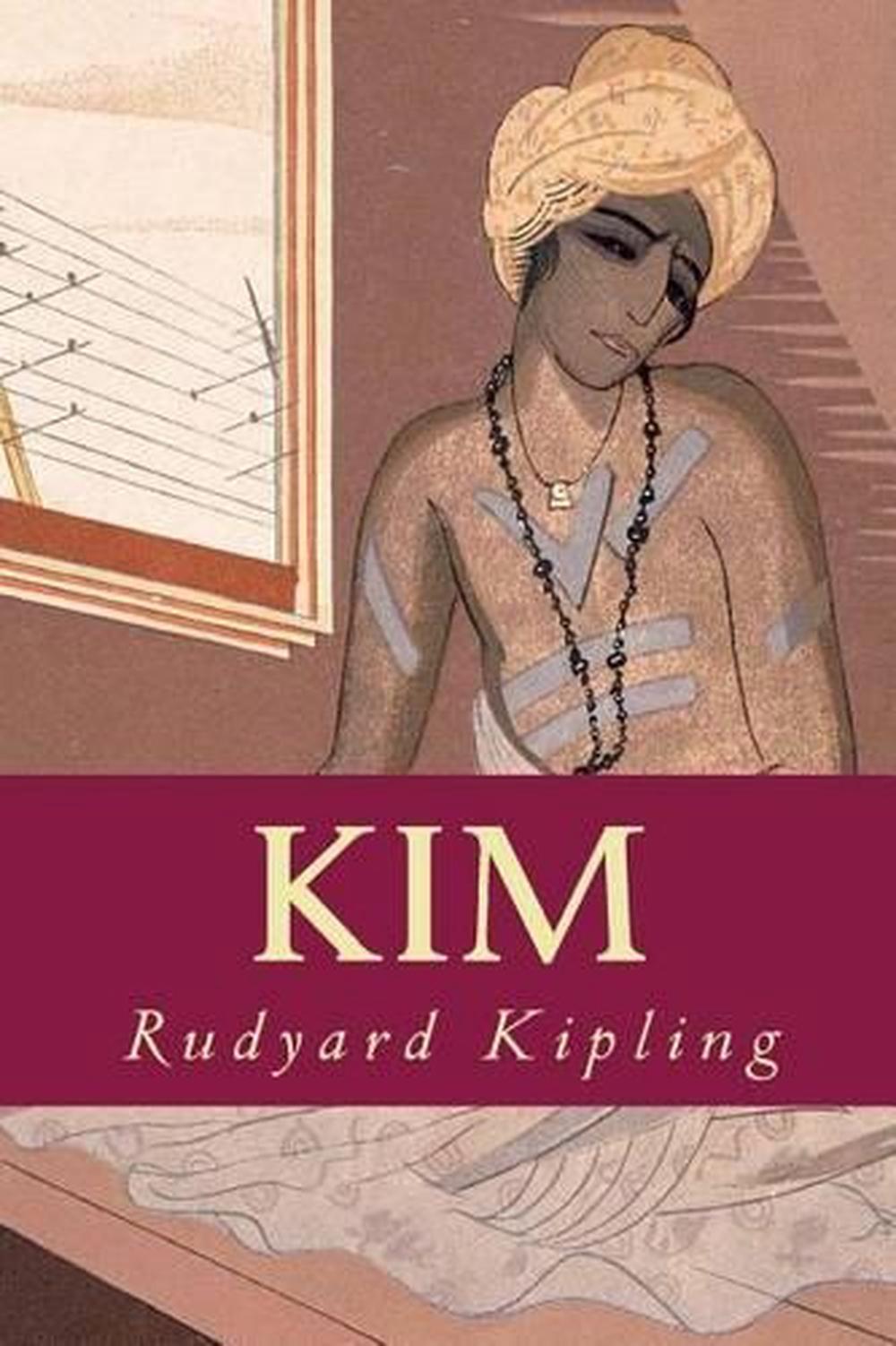
Henry James said: "Kipling strikes me personally as the most complete man of genius (as distinct from fine intelligence) that I have ever known." In 1907, at the age of 41, he was awarded the Nobel Prize in Literature, making him the first English-language writer to receive the prize, and its youngest recipient to date. Kipling was one of the most popular writers in the United Kingdom, in both prose and verse, in the late 19th and early 20th centuries.

He is regarded as a major innovator in the art of the short story his children's books are classics of children's literature and one critic described his work as exhibiting "a versatile and luminous narrative gift". His poems include Mandalay (1890), Gunga Din (1890), The Gods of the Copybook Headings (1919), The White Man's Burden (1899), and If- (1910). Kipling's works of fiction include The Jungle Book (1894), Kim (1901), and many short stories, including The Man Who Would Be King (1888). Joseph Rudyard Kipling was a journalist, short-story writer, poet, and novelist. His aim, as he moves chameleon-like through the two cultures, is to reconcile these opposing strands, while the lama searches for redemption from the Wheel of Life.Ī celebration of their friendship in a beautiful but often hostile environment, 'Kim' captures the opulence of India's exotic landscape, overlaid by the uneasy presence of the British Raj.

While he wants to play the Great Game of Imperialism, he is also spiritually bound to the lama. Born in India, Kim is nevertheless white, a sahib. Two men - a boy who grows into early manhood and an old ascetic priest, the lama - are at the center of the novel. The book presents a vivid picture of India, its teeming populations, religions, and superstitions, and the life of the bazaars and the road. The novel is notable for its detailed portrait of the people, culture, and varied religions of India. Set after the Second Afghan War which ended in 1881, but before the Third fought in 1919, probably in the period 1893 to 1898.


 0 kommentar(er)
0 kommentar(er)
